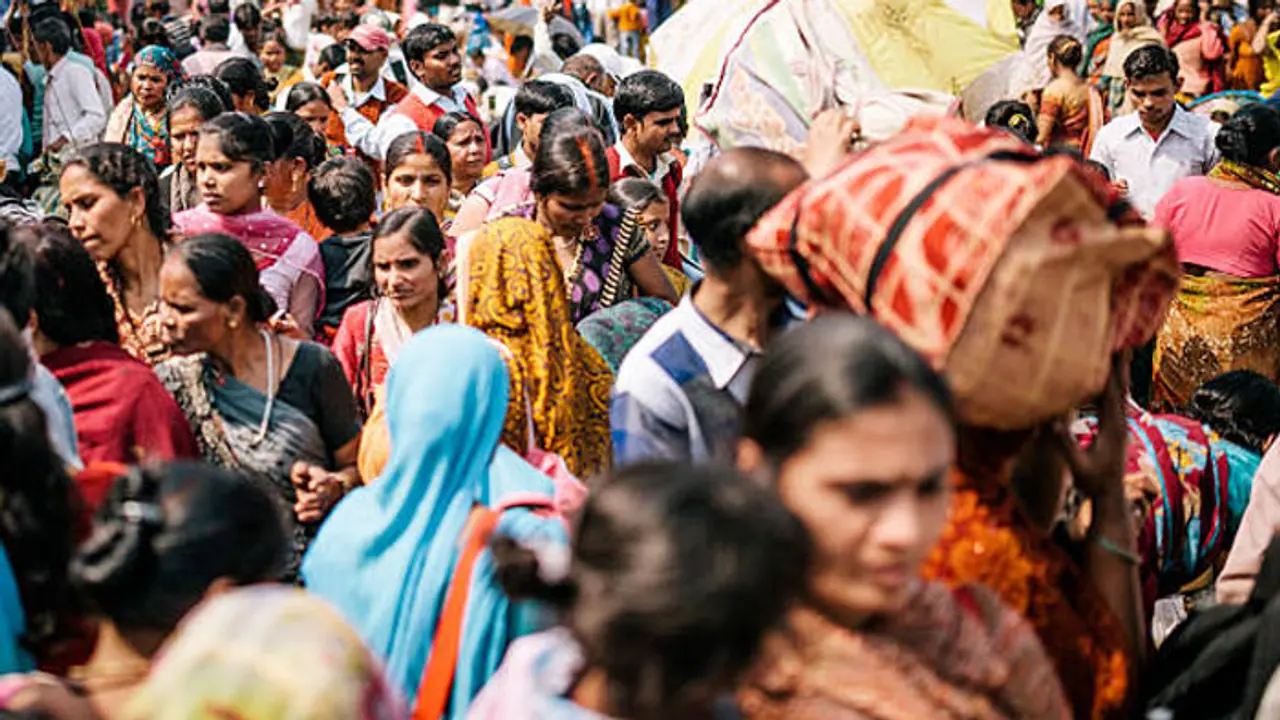A recent study published in the Lancet warns that India's total fertility rate (TFR) is projected to decrease to 1.29 by 2050, potentially leading to a significant population decline. The TFR has steadily declined from 6.18 in 1950 to 1.91 in 2021, falling below the replacement level needed for population stability.
A recent study published in the Lancet has cautioned that India's total fertility rate (TFR), indicating the average number of births per woman, is expected to decrease to 1.29 by 2050. This marks a significant decline from 6.18 in 1950 and 4.6 in 1980, with the TFR plummeting further to 1.91 in 2021, falling below the replacement level of 2.1 needed for population stability.
Should Lancet's projections hold true, experts warn that India could confront substantial challenges in the ensuing decades, including an ageing population, labour shortages, and potential societal imbalances due to gender preferences.
Poonam Mutreja, Executive Director of the Population Foundation of India, attributes this decline to various factors such as economic development, which increases the cost of raising children, leading to smaller families. Furthermore, enhanced education and empowerment of women contribute to delayed marriages and childbirth, further driving down the TFR.
Urbanization improved access to family planning and contraception, and shifting social norms towards smaller families are also cited as reasons for the downward trend.
While these challenges may not manifest for several decades, Mutreja emphasizes the need for immediate action, advocating for a comprehensive approach to address future concerns. She underscores the urgent necessity to promote gender equality and reduce the financial burdens associated with motherhood.
However, India is not alone in facing a decline in population due to low TFR. The Lancet study, employing innovative forecasting methods, predicts that by 2050, 155 out of 204 countries and territories (76%) will fall below the replacement level of fertility. By 2100, this number is expected to rise to 198 out of 204 (97%), according to the study's findings.
